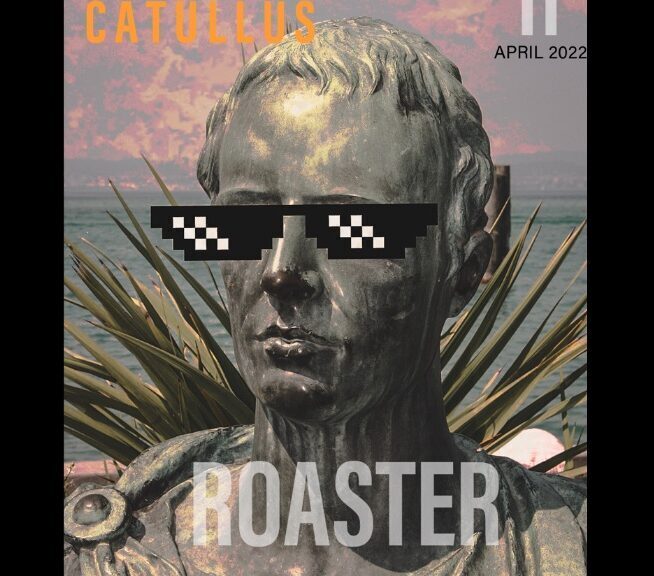A Stoic Life
Even though I had chosen Epicureanism for my week of living philosophically, I was still really interested in exploring Stoicism, and was very excited to do this activity. Going into this Stoic week, I had a very ‘stereotypical’ view of Stoicism. Having only heard or discussed the word ‘stoic’ with regards to pop culture, I had assumed that Stoicism was centered on controlling your emotions, not letting emotion get the best of you, and not outwardly expressing your emotions. While I was engaging with this week’s activities, I was surprised how much Stoicism focused on not controlling your emotions, but reflecting on, understanding, and accepting your emotions.
One of the Stoic exercises that really stuck with me was the first exercise, considering what is and isn’t under our control. As a senior about to graduate, I have a lot of major milestones going on both now and in near future that have elements both under my control and not under my control. Right now, my most pressing concern is my thesis. I have spent and continue to spend a lot of time working on and worrying about my thesis. Framing my thesis mentally in terms of things I can and cannot control was a really helpful exercise for giving myself perspective and focusing my mental energy on the aspects of my thesis that I know I am in control of. I have spent a lot of time thinking about how my thesis will be read by other professors who aren’t my advisor. This exercise helped me gain perspective on focusing on the edits that I am in control of in my thesis, and not worry about the reactions of others outside of my control.
Another of this week’s exercises that I found really useful was the last exercise, involving thinking about preparation for adversity. One source of anxiety in my life are the next steps of my life after I graduate. At the end of this summer, I will be moving across the country for graduate school. For me, there is a lot of anxiety in this event because of all the unknowns of moving to a new city and starting at a new university. This activity was really helpful for picturing this big event and identifying what is and isn’t under my control. Sitting for a while thinking about it also allowed me to focus in on smaller, comforting details as opposed to getting overwhelmed by too much too quickly. I really liked how this activity tied back together with the first activity.
Overall, I enjoyed the mental exercises and structure of Stoicism. I hope to incorporate more mental fixation on what is under my control, as that was really useful for me for framing many of the major events going on in my life. However, I think I enjoyed my week of Epicureanism a little more. The Epicurean activities that forced me to stop, take a break, and focus on the little things in life were really good for my mental health, as well as the activities that got me to go outside and appreciate nature more.
Word Count: 519 words

